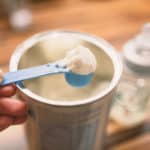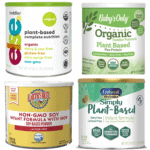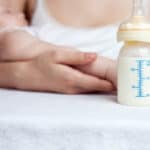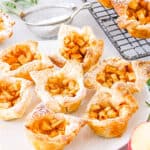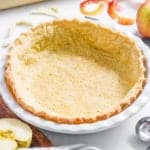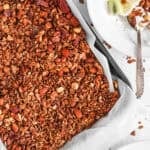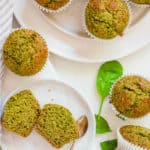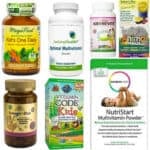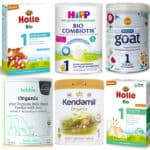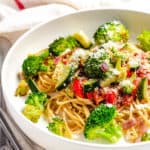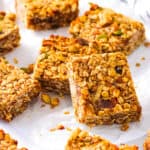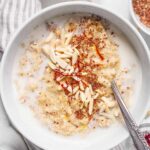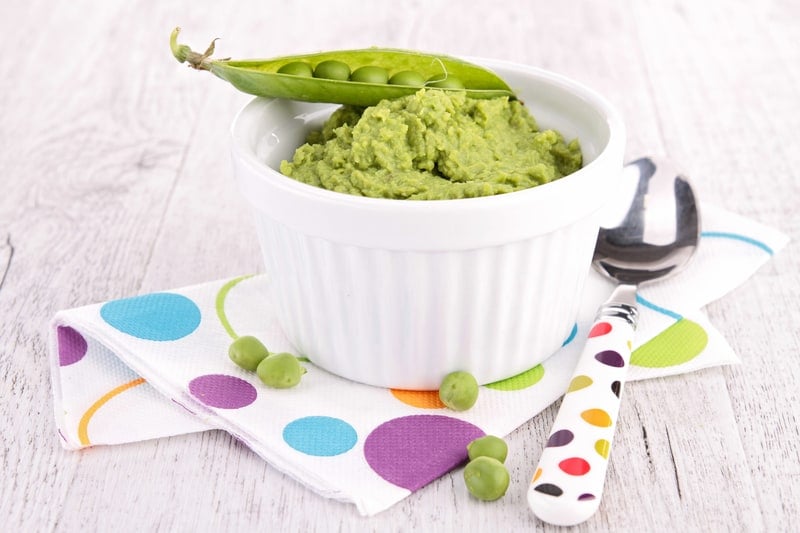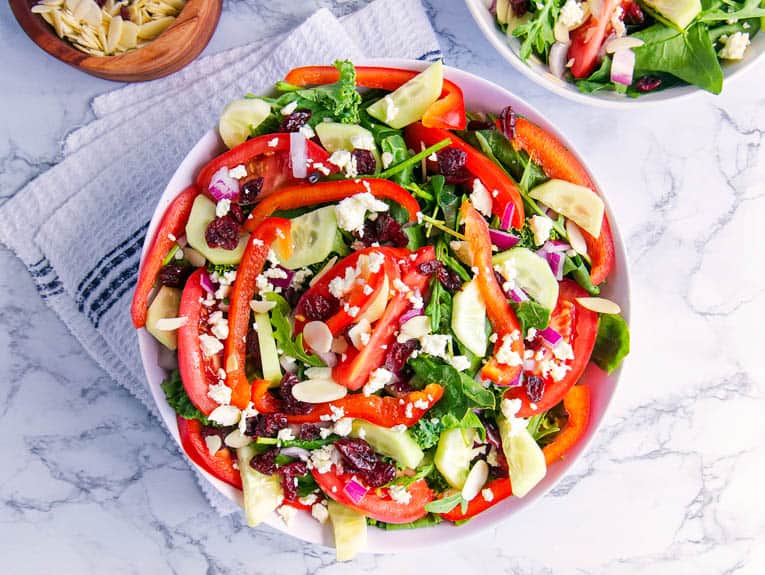What Does Demeter Standards Mean for Baby Formula?
This post may contain affiliate links. As an Amazon Associate, I earn from qualifying purchases. Please read my disclosure.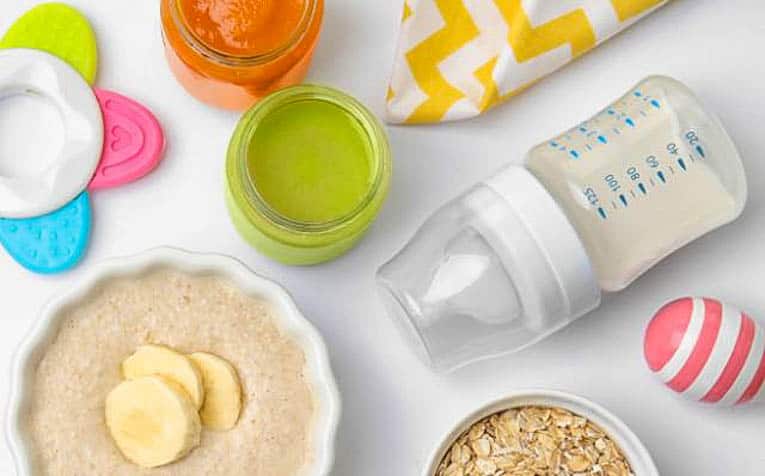
Many of you know that I’m passionate about making sure the products we (and our little ones) are eating have the cleanest ingredients possible. Which is why, when I did an investigation of all of the baby formulas out there, I came to the conclusion that Europe is far ahead of the US when it comes to making the healthiest, cleanest, best organic baby formulas.
But even within Europe there are differences in farming: there’s Organic vs. Demeter/Biodynamic. And recently I’ve gotten quite a few questions from all of you about what these standards actually mean for baby formula – so I interviewed the owners of a small (but reputable) European formula company: Organic Baby Food Shop to get to the bottom of it! So here are the details on what Demeter standards means for baby formula! (Note: If you’re looking for more information on the best baby formula made in the US, go to this post instead!)
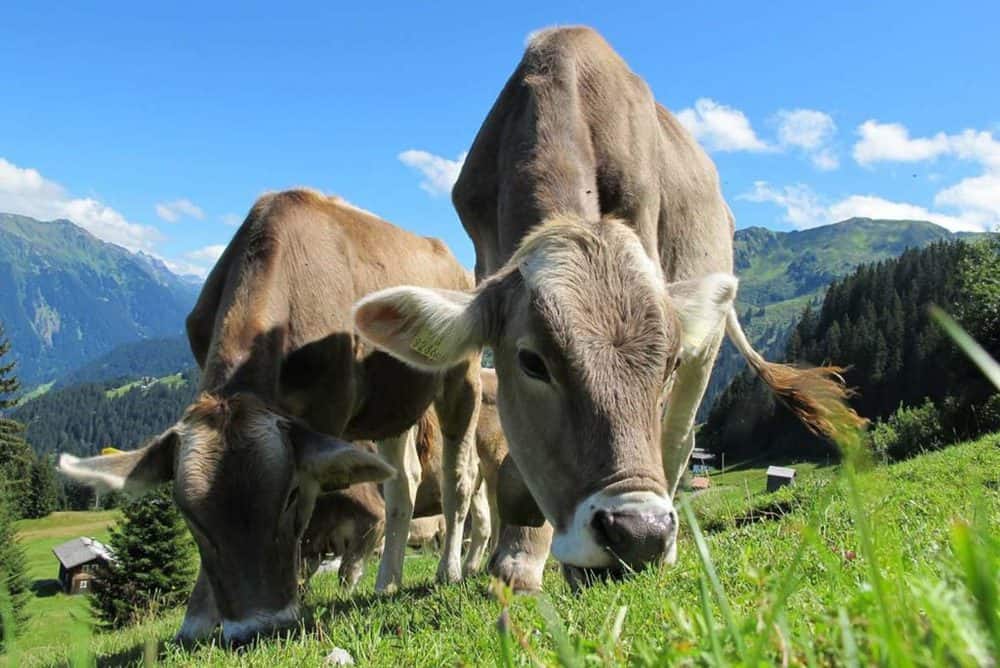
In general, European farming practices are held to a much higher standard across the board (than the US). The European Commission (equivalent to the FDA in the US), requires that there be no detectable levels of pesticide residues in any infant formula. Organic and Biodynamic are very similar in that both are grown without chemicals and GMOs.
Biodynamic goes one step further than organic because it isn’t just focused on the end product but on the entire end-to-end system of farming. The main difference between organic and biodynamic is that biodynamic farming is focused on principles that add vitality to the plant, soil and/or livestock, whereas traditional farming typically deteriorates the soil. The farming practices are focused entirely on sustainability and being carbon-neutral, which is better for the environment. Chemical-synthetic fertilizers, additives during processing, spraying agents or GMOs are not allowed in biodynamic farms as well.
In order for a farm to refer to itself as Biodynamic, it must have achieved certification through Demeter by adhering to the Demeter Farm Standard for a minimum of three years if conventionally farmed, or a minimum of one year if organically farmed. The entire farm must be certified, not just a portion of land within the farm. Farms are inspected annually to ensure that the Standard is being met. (source)
Essentially, Demeter agriculture thinks of the farm as a living organism: self-contained, self-sustaining, following the cycles of nature. The whole goal is to ensure that the farming returns more to the environment than it takes from it.
So is formula from biodynamic farms healthier than formula from just organic farms? No, but if you’re using a formula from a biodynamic farm, you just have better visibility into the end-to-end farming practices that went into the production of that formula. The Demeter standard doesn’t change my formula rankings, because it doesn’t change the ingredients included in the formula. It’s just one consideration when choosing the best baby formula for you and your little one!
Thanks to Organic Baby Food Shop for sharing this information with me!- like Lebenswert, HiPP Germany/PRE, and Holle. They import directly from their office in Germany to their offices in Austin, LA and NYC and are a small-but-mighty company dedicated to providing European formulas to anyone who needs them in the US!



